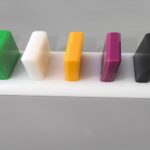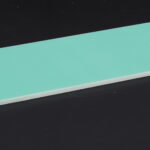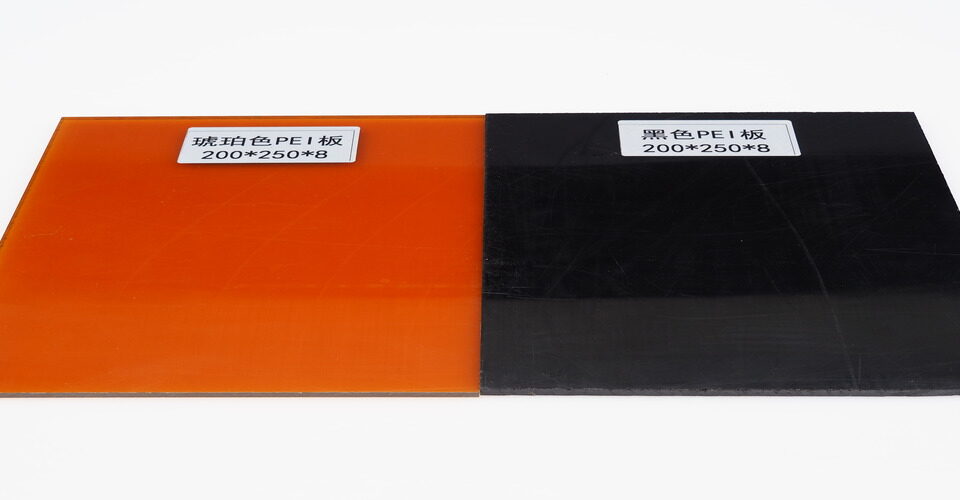
What products are made using HDPE?
February 4, 2025
Is FR4 Plastic electrically conductive?
February 5, 2025Polyvinyl Chloride (PVC) is one of the most widely used thermoplastic materials, known for its remarkable combination of properties that make it suitable for a broad range of applications. Below are some of the key beneficial properties of PVC:
1. Durability and Strength
One of the most notable features of PVC is its durability. It is resistant to impact, abrasion, and chemical damage, making it ideal for long-lasting applications. PVC can withstand harsh environmental conditions, including exposure to UV light, moisture, and temperature fluctuations, which adds to its reliability and lifespan.

2. Lightweight and Easy to Handle
Despite its strength, PVC is a lightweight material, making it easy to transport, handle, and install. This property is particularly valuable in applications such as plumbing and construction, where easy handling reduces labor costs and installation time.
3. Chemical Resistance
PVC exhibits excellent resistance to a wide variety of chemicals, including acids, alkalis, oils, and salts. This makes it particularly suitable for industries like pharmaceuticals, food processing, and chemical manufacturing, where materials need to withstand exposure to corrosive substances without degrading.
4. Electrical Insulation
PVC is a good electrical insulator, which makes it a preferred material for wiring and cable insulation. It helps protect against electrical shocks and minimizes the risk of short circuits. Its electrical insulating properties are widely utilized in the electronics industry.
5. Versatility and Moldability
PVC can be easily molded into a variety of shapes and sizes, allowing it to be used in a broad range of products, from pipes and flooring to window profiles and medical devices. This flexibility, combined with the ability to incorporate additives to enhance specific properties, makes PVC an incredibly versatile material.
6. Cost-Effectiveness
PVC is relatively inexpensive to produce, which makes it a cost-effective solution for many industries. The material’s affordability, combined with its durability and low maintenance requirements, makes it a popular choice for both commercial and residential applications.






